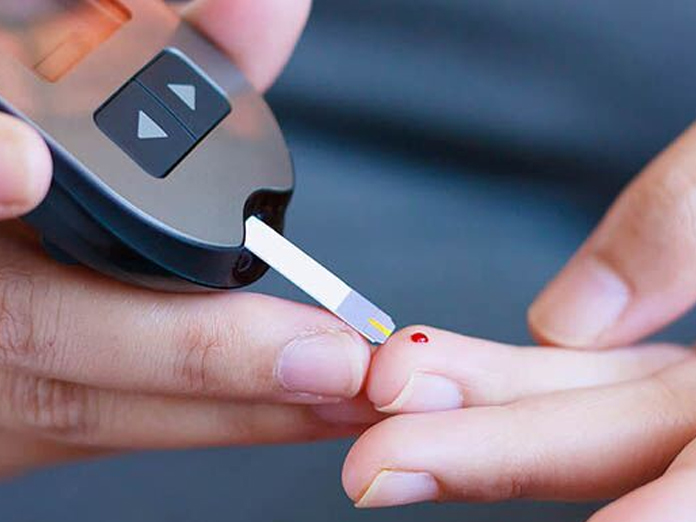Novel hope for stem cell approach to treat diabetes

By tweaking the recipe for coaxing human stem cells into insulinsecreting beta cells, researchers have found that the resulting cells are more responsive to fluctuating glucose levels in the blood
By tweaking the recipe for coaxing human stem cells into insulin-secreting beta cells, researchers have found that the resulting cells are more responsive to fluctuating glucose levels in the blood.
The researchers, from the Washington University School of Medicine in St. Louis, said that when they transplanted the beta cells into mice that could not make insulin, the new cells began secreting insulin within a few days, and they continued to control blood sugar in the animals for months.
"We've been able to overcome a major weakness in the way these cells previously had been developed. The new insulin-producing cells react more quickly and appropriately when they encounter glucose," said lead author Jeffrey R. Millman, PhD, Assistant Professor.
"The cells behave much more like beta cells in people who don't have diabetes," he said.
For the study, published in the journal Stem Cell Reports, the team grew beta cells from human stem cells, but they made numerous changes to the "recipe" for producing insulin-producing beta cells, treating the cells with different factors at different times as they grew and developed to help the cells mature and function more effectively.
After that process was complete, the researchers transplanted the beta cells into diabetic mice with suppressed immune systems so that they wouldn't reject the human cells.
Those transplanted cells produced insulin at levels that effectively controlled blood sugar in the mice, functionally curing their diabetes for several months, which, for most of the mice in the study, was about the length of their lives.
The researcher said he can't predict exactly when such cells may be ready for human trials but believes there are at least two ways that stem cell-derived beta cells could be tested in human patients.
"The first would be to encapsulate the cells in something like a gel -- with pores small enough to prevent immune cells from getting in but large enough to allow insulin to get out," he said.
"Another idea would be to use gene-editing tools to alter the genes of beta cells in ways that would allow them to 'hide' from the immune system after implantation."














